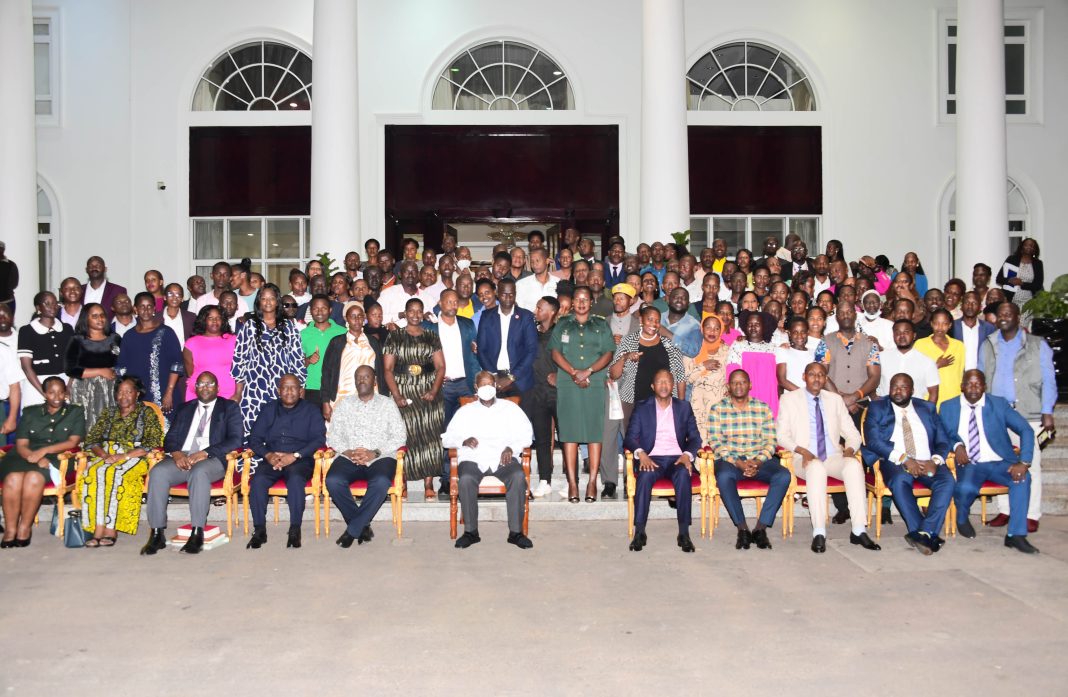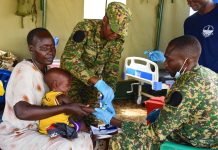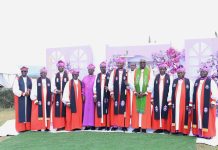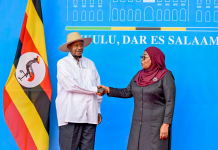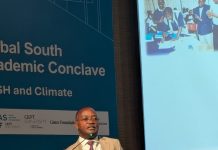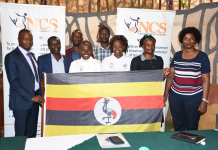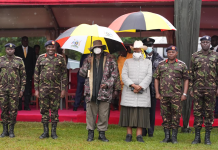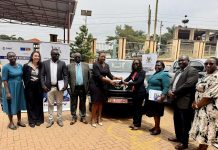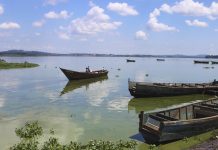President Yoweri Kaguta Museveni has reaffirmed his commitment to protecting the rights and identity of long-time residents of Rwandan descent in Uganda, urging officials to treat such communities with fairness and dignity.
While meeting the Banyarwanda (Abavandimwe) community on Wednesday 25th June 2025 at State House, Entebbe, the President emphasized that individuals who have lived in Uganda for decades and are verified by local authorities, should be fully recognized as Ugandans.
“The people who have been here for generations, and are known by their communities, should not be harassed or denied services. They deserve respect and their rights,” President Museveni said.
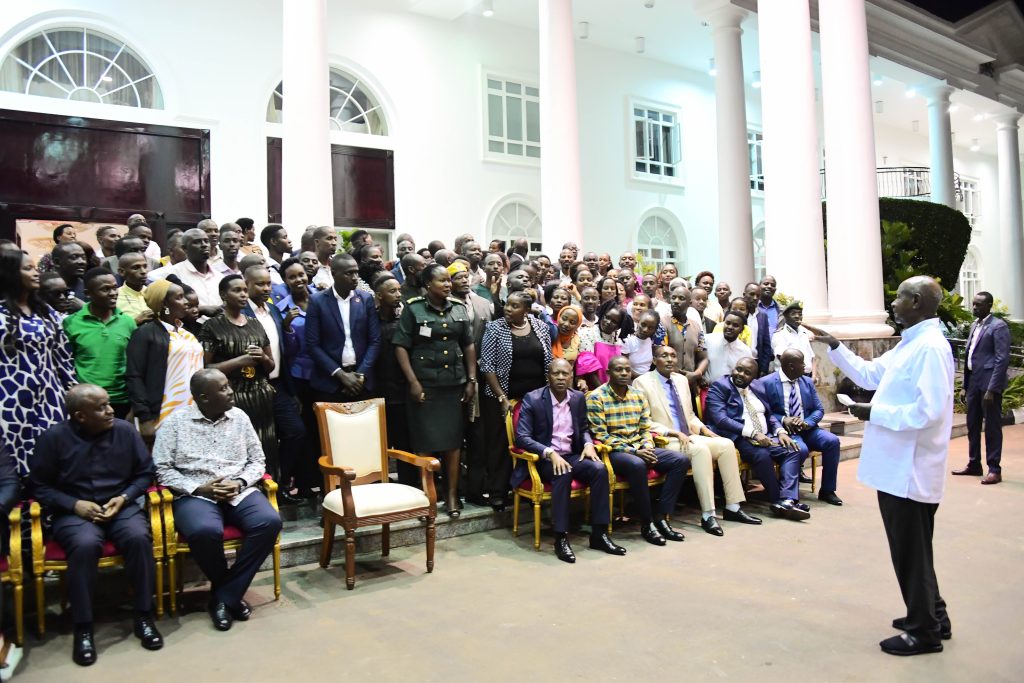
He underscored that Ugandan citizenship whether by birth, registration, or naturalization is a constitutional right and should not be denied through bureaucratic delays or unlawful scrutiny.
“By the 1950s, when I was growing up in Ntungamo, we the Bahooro were already part of Uganda. The 1995 Constitution is clear—those who were here by 1926 are citizens,” he noted.
Executive Order on Citizenship Enforcement:
Citing his constitutional authority under Article 99(1) and (4), the President reaffirmed an executive directive to guide the lawful determination of citizenship, especially for long-term residents seeking national IDs and passports
Key directives include; Verification through local leadership: Applicants with endorsement letters from LC1, LC3, GISO, and RDC should be deemed legitimate citizens.
Birthright citizenship: Those born in Uganda should not be rejected without compelling evidence to the contrary.
Community-based identification: Where formal documentation is unavailable, testimony from relatives under oath, corroborated by elders and local leaders, should be accepted.
Administrative clarity: Immigration officers are to refer citizenship disputes to the National Identification and Registration Authority (NIRA), not to make arbitrary decisions.
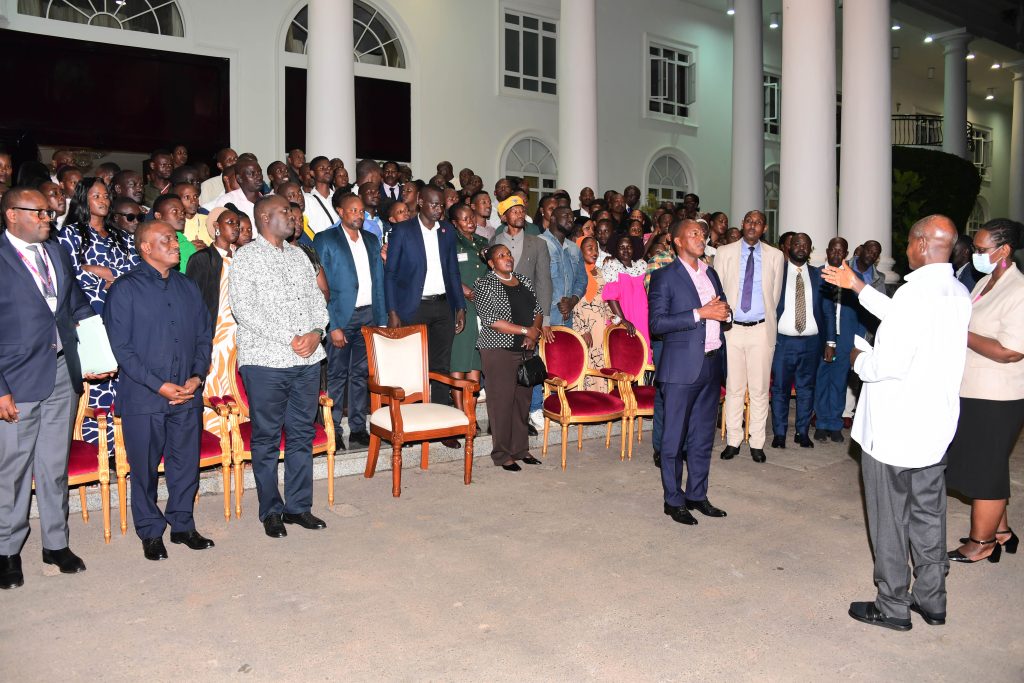
“Uganda is not America. Here, we don’t rely on graveyards or data systems to prove ancestry. We use local knowledge,” the President said, taking a swipe at rigid bureaucratic systems.
He warned against unnecessary obstacles being imposed on communities like the Abavandimwe and proposed forming a committee to investigate dubious cases while protecting genuine citizens.
Clarifying National Allegiance:
While celebrating the inclusive nature of Uganda’s citizenship laws, President Museveni also emphasized the importance of clear national allegiance especially among those with roots in multiple countries.
“What we cannot accept is dual citizenship between Rwanda and Uganda. Please decide. You cannot be both,” he said, noting that identity should be rooted in lawful national commitment.
“Even me, I am a Muhooro. Our people are across Rwanda, Tanzania, and Uganda, but I was born here. If I want to be Rwandan, I go to Rwanda. But I can’t say I’m both Munyankole and Munyarwanda.”
Equal Rights for Abavandimwe:
Mr. Frank Gashumba, the co-founder and chairman of the Abavandimwe Council, welcomed the President’s remarks and appealed for equal treatment of the Banyarwanda community in Uganda.
“We are Banyarwanda of Uganda, not Rwanda. As long as one holds a Ugandan National ID, they should receive a passport without bias,” Mr. Gashumba said.
He expressed concern over reports of discrimination in the issuance of national documents, which he described as a denial of both identity and opportunity.
“Our children are being unfairly denied passports. This is more than a document, it’s access to opportunity,” Mr. Gashumba said.
Present at the meeting were Gen. David Muhoozi (Minister of State for Internal Affairs), Ms. Rosemary Kisembo (Executive Director, NIRA), and Brig. Johnson Namanya (Commissioner, Citizenship and Passport Control-Directorate of Citizenship and Immigration Control-DCIC).


